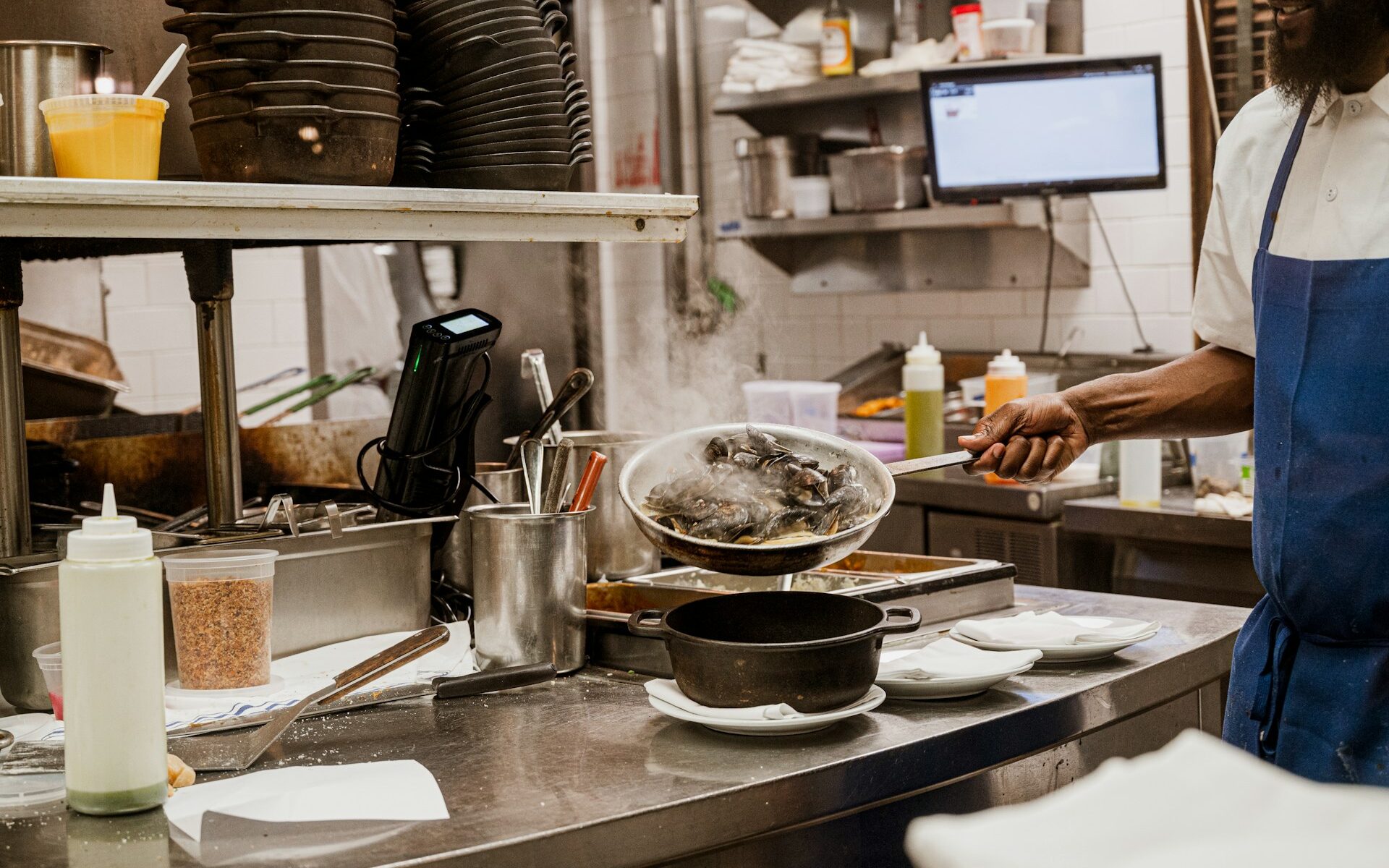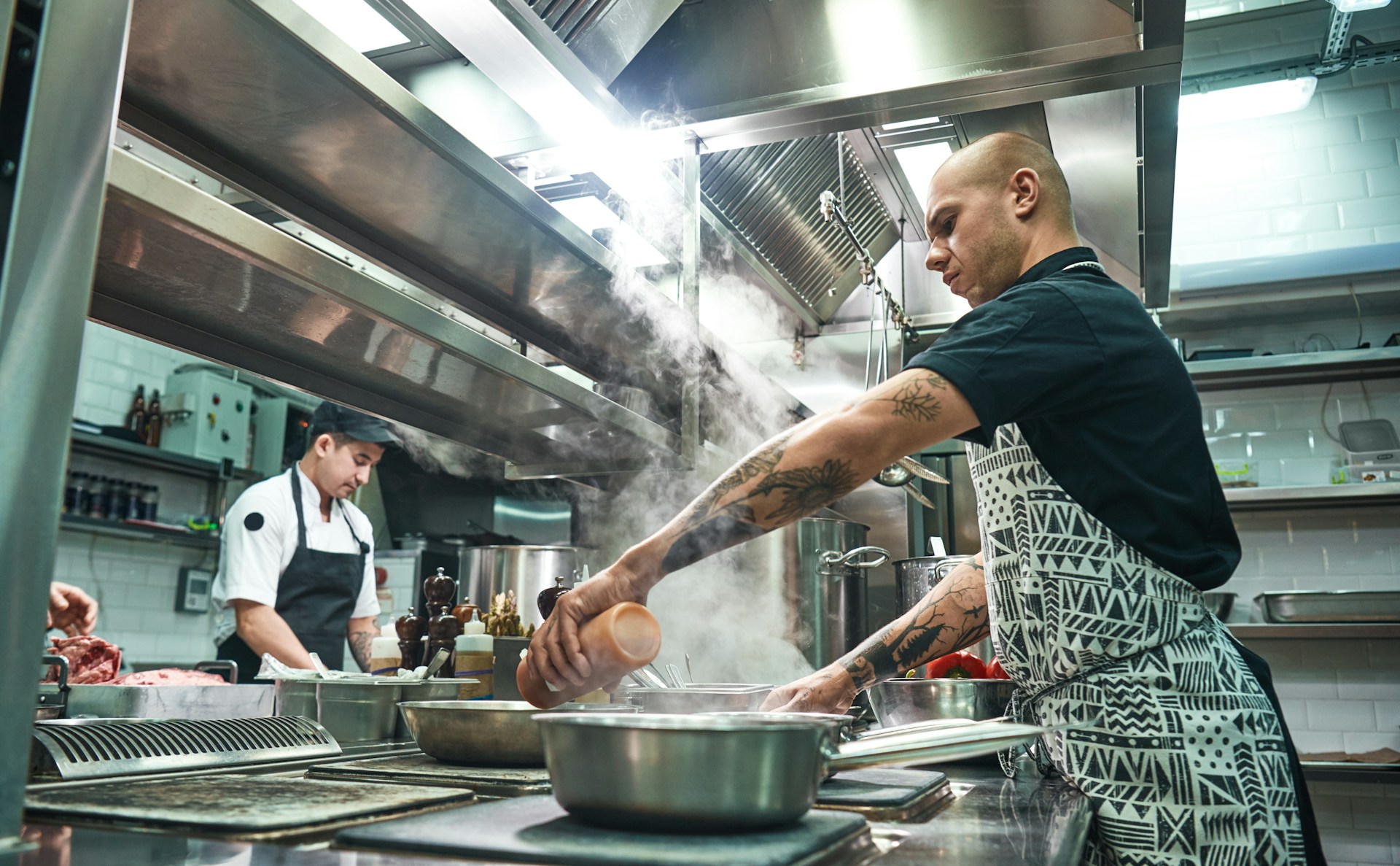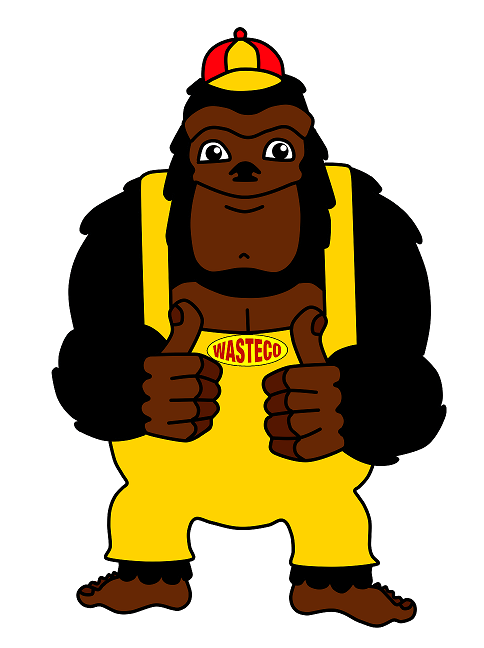Running a restaurant smoothly means keeping an eye on every detail, and maintaining your kitchen’s grease trap is one of those crucial tasks. Grease traps are unsung heroes in restaurant kitchens, working tirelessly to separate fats, oils, and grease, often termed as FOG, from wastewater. This simple process prevents these substances from entering your plumbing and causing troublesome blockages. When ignored, grease traps can become a substantial problem, leading to foul odours, plumbing issues, and even unexpected shutdowns if not handled in a timely manner.
Neglecting routine maintenance can turn these indispensable devices from lifesavers to liabilities in a short span. Regular services ensure that your kitchen runs efficiently, keeping those greasy intrusions at bay and complying with health and safety regulations. Besides the direct technical benefits, a well-maintained grease trap also guarantees your restaurant remains a pleasant place for both staff and customers, free from unpleasant smells and unexpected plumbing hiccups.
Why Regular Grease Trap Services Are Necessary
Understanding how grease traps work is the first step in appreciating their value. Located just under the sink or in the drainage system, grease traps catch FOG before it enters the sewage system. Over time, these substances solidify, which can lead to severe clogs. In a busy restaurant environment, where large volumes of FOG are generated daily, this could mean all the difference between smooth operations and a plumbing nightmare.
Here’s why regular services are important:
– Preventing unpleasant odours: Grease trap buildup often leads to unpleasant smells that can waft through kitchens and dining areas.
– Avoiding blockages: Consistent cleaning prevents blockages that could cause slow drainage or even full-scale plumbing backups.
– Maintaining compliance: Health and environmental regulations require proper maintenance of grease traps to prevent unsanitary conditions and environmental damage.
– Ensuring safety: Avoiding slippery kitchen accidents caused by leaking FOG, which can create a hazardous working environment.
With regular maintenance, you can dodge these issues, ensuring your operations remain unhindered by unforeseen complications. Keeping the trap clean not only extends the life of your plumbing but also helps keep your restaurant compliant with health and safety standards, avoiding any regulatory fines. Given these considerations, scheduling consistent services helps safeguard your restaurant’s reputation and functionality.
Ideal Frequency for Scheduling Grease Trap Services
Determining how often your restaurant should schedule grease trap services depends on a variety of factors. Each restaurant has its unique footprint, and several aspects dictate the frequency of needed maintenance. These include:
– Kitchen size: Larger kitchens generating more waste might require frequent servicing.
– Menu type: Fast food outlets or restaurants with greasy menus tend to produce more FOG.
– Daily volume: The busier the restaurant, the more waste it generates.
A common guideline suggests that larger establishments might benefit from weekly cleanings, while smaller businesses with less greasy foods could manage with monthly check-ups. Establishments with moderate FOG production might fall somewhere in between, such as bi-weekly services. Adapting the cleaning schedule to align with your specific operational needs ensures that your systems remain effective and your environment safe. Regularly scheduled maintenance is your best defence against FOG-related plumbing problems.
Benefits of Professional Grease Trap Services
Hiring professionals for grease trap services brings several real perks, especially for busy restaurant owners. Expert technicians have the tools and experience needed to perform comprehensive cleaning, ensuring that your grease trap works at its best. This process involves not just removing built-up fats, oils, and grease but also examining the trap for signs of wear or potential problems. This proactive approach helps keep systems running smoothly while preventing bigger issues down the line.
Working with specialists also ensures compliance with the various health and environmental regulations governing food establishments. Neglecting these regulations can result in hefty fines and potentially damage your restaurant’s reputation. Regular professionally handled maintenance sidesteps these risks and contributes to a cleaner and safer environment for both staff and patrons. By avoiding emergency repairs and possible downtimes caused by clogged systems, your operations remain steady and uninterrupted.
A trained service provider also offers insights and advice tailored to your particular setup, helping you optimise the schedule for ongoing maintenance. This level of custom service ensures your restaurant benefits from the most appropriate solutions, making it a smart move for any restaurant owner.
Choosing the Right Provider for Grease Trap Services
Choosing a competent provider for your grease trap services is crucial for maintaining your restaurant’s hygiene and functionality. When evaluating potential service providers, consider these key aspects:
– Experience and reputation: Look for companies with a solid track record and good reviews from other business owners.
– Services offered: Ensure that the provider offers comprehensive services, including maintenance, cleaning, and emergency support.
– Response time: A service provider that offers prompt assistance can be a true lifesaver when urgent maintenance is needed.
– Certifications and qualifications: Verify that the technicians are qualified and certified according to industry standards.
By weighing these factors, you can identify a reliable partner who understands the specific needs of your restaurant and guarantees the quality service your establishment requires.
Keeping Your Restaurant’s Grease Traps in Top Condition
Maintaining your grease traps isn’t solely about professional servicing; there are several daily practices that your staff can adopt to minimise FOG buildup. Training kitchen staff to scrape food waste and FOG from dishes before rinsing can make a significant difference. Using strainers in sinks to catch solids also helps prevent unnecessary debris from entering the grease trap.
Regular check-ins are another key aspect of maintenance. Encourage your staff to routinely inspect the grease trap to identify early signs of problems. This practice can prevent minor disruptions from becoming major setbacks. Additionally, quick action on minor issues, such as minor blockages or odours, keeps larger problems from developing and affecting your restaurant’s operations.
Adopting these habits, along with scheduled professional maintenance, ensures that your grease traps function smoothly, which ultimately translates to a more effective and hygienic kitchen environment. With these steps in place, restaurant owners can enjoy peace of mind knowing their operations are protected from the hassles of grease-related issues.
Choosing the right partner for maintaining your restaurant’s plumbing is important to ensure efficiency and compliance. For tailored solutions that meet your grease trap requirements, consider exploring our professional Grease Trap Services at WASTECO. Visit us to learn how expert service can keep your kitchen running smoothly and prevent unnecessary problems down the line.






